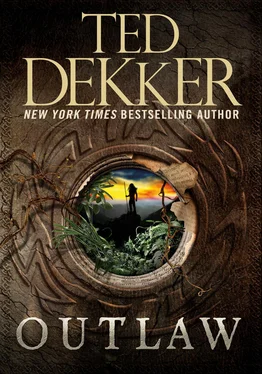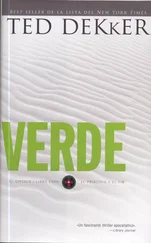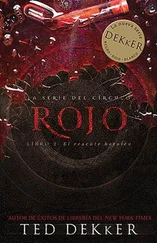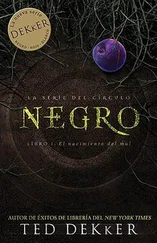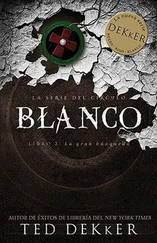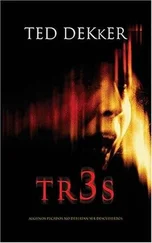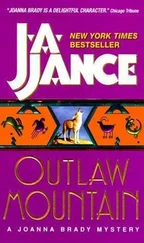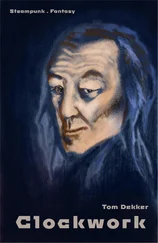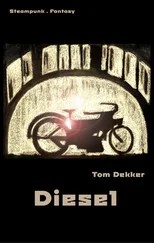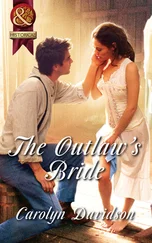A bag was slipped over my head from behind; a muzzle over my mouth and nose smothered my cries. In mere moments they jerked my arms back and bound them. Powerful hands plucked me from the rock and threw me over a shoulder. And then they were running.
But not a sound. Not from Michael, who I assumed was either unconscious or dead. And not from the men who had found us on the knoll.
I hadn’t been recovered, I thought. If they’d only meant to recover me, they would hardly be running or keeping so silent. Why would they see any need for stealth?
My abductors ran on bare feet that slapped lightly on the muddy earth, perhaps a dozen of them, a small army of men. I had been cut free in my pit. My clothes had been returned to me.
Maybe Michael had been right. Perhaps I was meant to live.
I clung to the thought as their feet pounded through the screaming jungle.
Chapter Nine
The warriors who had collected me carried me on their backs for an hour at a steady pace before slowing, ducking into a house, and setting me gently on a seat. Since being taken from the sea, I had been treated as so much cargo, being traded back and forth between houses and pits and trials, and once again I was bound up and dumped into a holding place.
But the differences in my new environment were not lost on me. The jungle had grown quieter as we’d traveled, if only slightly. I thought it might be because there were fewer insects farther from the swamps, assuming we were headed north, toward the mountains that Michael had pointed out. In addition, the room in which they’d dumped me had a crackling fire and a wooden floor. I could make out very soft whispering from my left, but after a while this abated.
I was alive. I hoped Michael was as well. His words whispered through my mind, urging me to live. To live because I was still alive.
I spent most of that night, my fourth in captivity, in a fitful doze with pain in my joints due to my awkward position. When I finally crawled from sleep the sound of children playing outside was the first to reach me.
The faint giggles of three or four children overrunning each other with exuberant discussion were incongruous with the dark savagery that had characterized the past few days.
My mind filled with Stephen and my eyes with tears. I was surprised at the severity of my pain as I lay there thinking of my poor child lost at sea. There is no picture so perfect as a sleeping baby after a bottle of warm milk, and I had Stephen’s image indelibly etched into my memory. His tiny pouting lips, his long lashes, his soft cheeks and miniature nose. That fine dark hair, floating with the slightest breeze.
The sound of giggling children outside brought it all back, and I began to cry softly. Gone was the hope of life Michael had instilled in me the night before. I found myself both desperate for God and cursing him. For my loss, my predicament, the undoing of all that I had held sacred. Hadn’t the very God I’d given my life to, in heart and deed, turned his back on me?
A sympathetic female voice called my thoughts back to the hut. “ Aye, at eeniki andi, oh. Aye, aye .”
The floor creaked as she walked in. She tsk ed and repeated her expression, which I took as one of consolation.
The bag was lifted off my head and I saw that I was in a round hut perhaps twenty feet across. Like the one in which I’d first met Kirutu, this too had a bark floor, timber walls bound together with vines, a central fire, and a blackened ceiling. But instead of skulls, there hung from the wall carved wooden masks and tall painted shields etched with intricate patterns. They were spaced evenly, one every few feet all the way around.
Three women had entered the hut. The one who’d muttered her sympathy knelt beside me and repeated herself. Then she wiped the tears from my face, helped me sit up, and quickly untied my bonds, now grumbling on and on about something. Perhaps the way I had been treated, though that might have been wishful thinking on my part.
The other two women stood by the fire, watching with fascination. Like some of the women I’d met earlier, they were young and covered only by woven skirts and woven armbands. Their hair was trimmed short and a yellow band perhaps one inch wide hugged each of their necks.
Their skin was black, not merely chocolate brown, and their teeth were white like their eyes. If they were older than twenty, I was judging them wrong. They held themselves upright with that same unabashed stance that I’d come to associate with the warriors who’d taken me. But they seemed nonthreatening. Even amused.
“ Amok. Amok .” The woman behind me helped me to my feet. She stepped back and shook her head, tsk ing as if to say, No, no, this just will not do . She reached out and pulled at my blouse, asking me something. She plucked at my capris and the other two women giggled.
The sight of those women laughing, eyes sparkling as they studied me, struck me as altogether absurd, and suddenly, without warning, I saw some humor in it.
“Koneh pok!”
At the order the women immediately swallowed their amusement. A warrior stood at the door, scowling. He motioned at me, barked another order, and ducked back out. The woman who’d untied me shrugged and offered me a sheepish smile.
They guided me out of the hut into the morning sunlight, and it was there that I first laid eyes on a Tulim village. The sight made me stop. I say village, but it was really more of a small town with hundreds of homes that spread out far beyond my line of sight. The whole community was built under the jungle canopy far above us, which allowed streams of light past its leaves which dissipated the tendrils of smoke rising from the roofs. Ahead and to my right lay a large meadow, but there were no structures in the clearing that I could see.
Most of the thatched dwellings were square, not round like the hut I’d been held in overnight, and they were elevated off the forest floor several feet. The ground around each home was built up and flat, forming a kind of grassless yard.
Long wooden pathways built several feet off the forest floor ran between the homes. This, I assumed, was to keep the mud out of the houses. The large spaces between the boardwalks were cultivated. Gardens. I saw that sunlight fell on the leafy vegetables in the gardens but not on the adjacent homes, and I realized that the branches above had been pruned to allow light in only where it was desired.
“Naouk.”
I was nudged from behind and moved forward, still taken by the sight.
So then, this was how the natives lived. It was all muddy and dirty on one level, without the benefit of concrete and green lawns, but surprisingly clean and orderly at the same time. Thatched palm leaves covered each dwelling, and painted carvings were affixed to the outer walls near most doorways, which were covered by rough planks fitted into slots, rather than hinged doors.
We passed several naked children who were squatting just outside a hut in a patch of bright sunlight. Between them sat a black beetle the size of my thumb with a thin string cinched around its body. These were the children I’d heard laughing, now staring up at me with big round eyes.
As I watched, the beetle took flight, circled them at the end of its tether, then settled on one of their heads. The young boy holding the other end of the string did not break his stare. Snot ran from his nose but he seemed not to be bothered by such trivialities.
Everywhere I looked my gaze was returned with curious fixed stares. The people were outfitted with woven bands and sometimes body paint, some with feathers in their hair or tucked into the armbands. The women wore either grass or woven skirts that left their thighs bare all the way up to a rolled cord around their waists. All the men were naked.
Читать дальше
